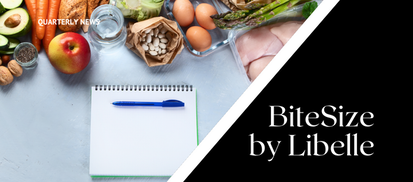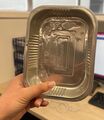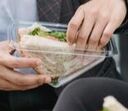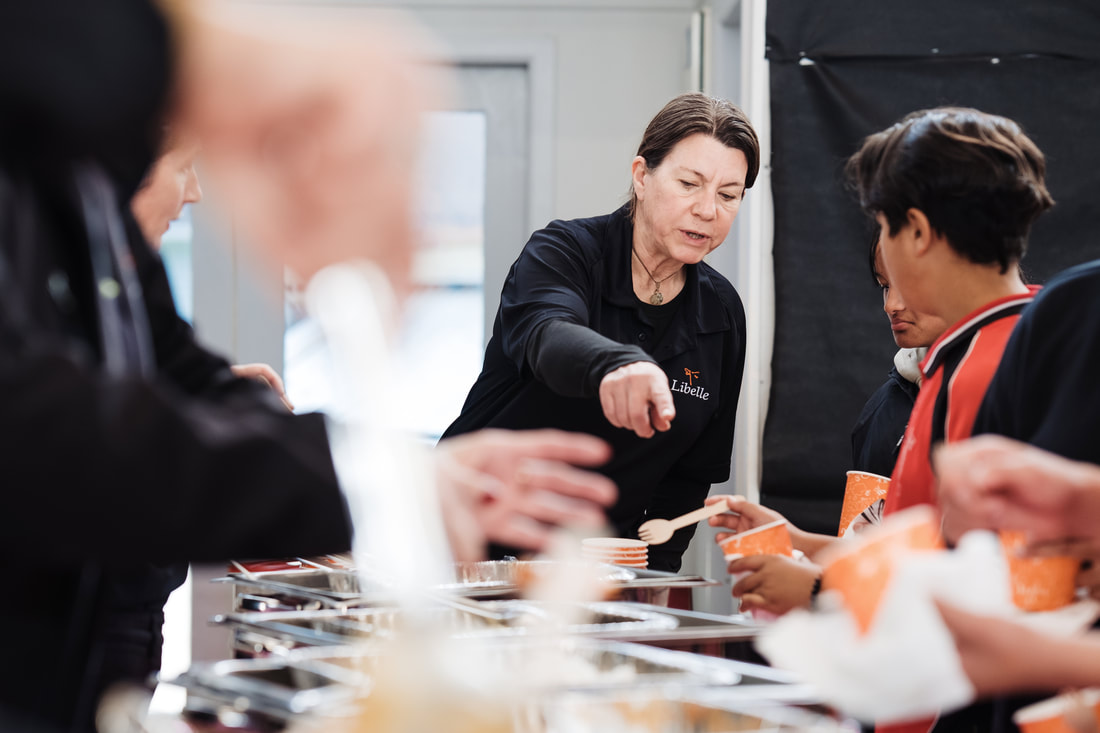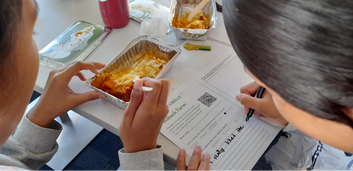|
by David Hennigan, Head of Operations, Libelle Group Sustainability isn't a sprint; it's a marathon. It's about making consistent, mindful choices that benefit both our planet and our communities. This journey holds true for businesses large and small, including those in the food service and hospitality industries. In the realm of food in schools, including school lunch programmes, sustainability has always been a hot topic. The challenges of ensuring that every meal served aligns with environmental goals while meeting the needs of students can be daunting but is essential. The food service industry has always done a great job of providing food in packaging that is safe and convenient, but more recently, the need to also ensure that packaging and waste is minimised, and the materials used are sustainable, is demanding more innovation from the entire industry. However, amidst these challenges, companies like Libelle are working together to lead the charge towards a more sustainable future. Recently, Libelle has implemented several initiatives aimed at reducing their environmental impact and promoting eco-friendly practices.
In order to reduce use of hydrocarbons, when building our large central kitchen in Hamilton, we removed the use of natural gas and ensured all appliances were electrical. The commitment to sustainability goes beyond the kitchen. Libelle's corporate vehicle fleet is undergoing a transformation, transitioning to fully electric vehicles. This not only reduces carbon emissions but also provides comfort to teams spending hours on the road, knowing their kilometres are now low-carbon.
Libelle's journey towards sustainability is ongoing and multifaceted, driven by a dedication to making a positive impact, one meal at a time. Sustainability is a continuous journey of innovation and adaptation, as companies like Libelle continue to work to inspire each other to follow suit, proving that the path to sustainability is not only necessary but also achievable with the right mindset. Together, with small steps and thoughtful choices, we can build a greener, more sustainable future for generations to come.
0 Comments
INSIGHTS FROM A THOUGHT-PROVOKING DISCUSSION by Anya Bell, Menu Development Manager, Libelle Group Recently I was invited to kōrero with some 11 and 12 year olds to explore their working theories on nutrition. We opened by unpacking what ‘healthy’ means. I was interested to know what their prior knowledge was. What I noticed was their curiosity and excitement as they were all able to enter into this discussion. The ākonga immediately offered suggestions. ‘Good for the body’ and ‘fruit and vegetables’ were the most popular, someone mentioned ‘balanced’ but sounded very unsure of what they meant by that. Their enthusiasm faded as they ran out of more detail.
Our discussion then moved to how we can know if a food is ‘healthy’ or ‘not healthy’. This was the core part of our group session as it led to a practical learning of the strategies we have available to us such as the ingredients label, allergens, the nutrition information panel (NIP), and the Health Star Rating (HSR). The ākonga were interested to know why fruit and vegetables did not have nutrition labels!
Meanwhile, my focus group has moved on to a practical exercise where they are designing food packaging and I leave them to it. Feedback on my part in this discussion was that it made them think about things they usually wouldn’t think about. What about you? Does this make you rethink how you will talk to your children about food and eating?
|
Archives |
contacts us
HoursM-F: 8am - 3pm
|
Telephone09 361 2655
|
hello@libelle.co.nz
|
Libelle Group Ltd website : Privacy Statement:
We collect personal information from you, including information about your:
We keep your information safe by storing it in secure databases stored in the cloud and only the appropriate staff have access to it.
We keep your information for only the period that it is required to be used, unless a specific time period is required by law at which point we securely destroy it by shredding paper and storage disks, and 2nd tier deletion of electronic word and pdf files and photos.
You have the right to ask for a copy of any personal information we hold about you, and to ask for it to be corrected if you think it is wrong. If you’d like to ask for a copy of your information or to have it corrected, please contact Pete Bentley at privacy@libelle.co.nz, or 0211935032.
We collect personal information from you, including information about your:
- name
- contact information
- location
- computer or network
- interactions with us
- to offer you products and services, or related information.
We keep your information safe by storing it in secure databases stored in the cloud and only the appropriate staff have access to it.
We keep your information for only the period that it is required to be used, unless a specific time period is required by law at which point we securely destroy it by shredding paper and storage disks, and 2nd tier deletion of electronic word and pdf files and photos.
You have the right to ask for a copy of any personal information we hold about you, and to ask for it to be corrected if you think it is wrong. If you’d like to ask for a copy of your information or to have it corrected, please contact Pete Bentley at privacy@libelle.co.nz, or 0211935032.
